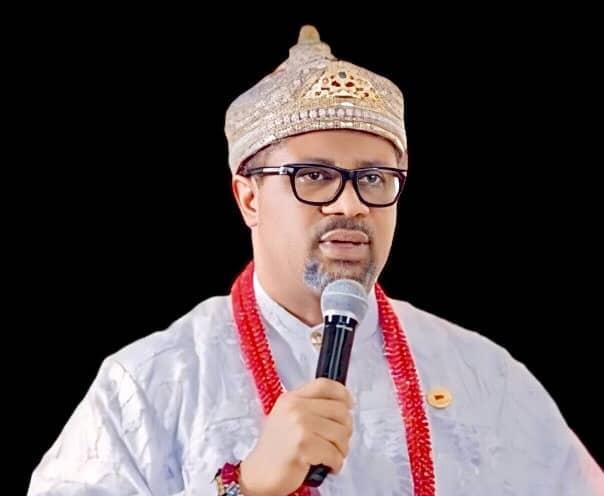The importance of girl child education in Africa cannot be overstated, as it holds the key to unlocking the continent’s vast potential and shaping a brighter future for generations to come. Dr. Eze Chukwudi Ihenetu, the esteemed King of the Igbo community in Ghana, has passionately championed this cause, emphasizing the multifaceted benefits of investing in the education of girls. He argues that education empowers girls not just to navigate their own lives with greater agency but also to become catalysts for positive change within their families, communities, and nations. It’s a critical step towards breaking cycles of poverty, fostering economic growth, and building a more equitable and prosperous Africa.
Dr. Ihenetu highlights the transformative impact of education on a girl’s life. By acquiring knowledge and skills, girls gain the power to make informed decisions about their future, from career choices to family planning. They become equipped to participate actively in the workforce, contributing to their own economic independence and bolstering national development. This economic empowerment ripples outward, benefiting families and communities as a whole. Moreover, educated girls become role models and change agents, inspiring younger generations and challenging harmful traditional practices. They are crucial in promoting gender equality and driving social progress.
A critical issue inextricably linked to girl child education is the pervasive practice of child marriage. Dr. Ihenetu unequivocally condemns this harmful custom, advocating for robust legal frameworks to combat it. He calls for stringent laws prohibiting child marriage, coupled with effective enforcement and penalties for violators. This legal action, he believes, must be complemented by widespread awareness campaigns to educate communities about the detrimental effects of child marriage on young girls’ physical and mental well-being. Eradicating child marriage is not just a legal imperative; it is a moral imperative, essential for safeguarding the rights and futures of countless girls across Africa.
The health implications of child marriage are dire and far-reaching. Dr. Ihenetu underscores the vulnerability of young girls forced into sexual activity before their bodies are physically mature. This often leads to reproductive health complications, including infections and long-term health problems. The emotional and psychological trauma inflicted by child marriage is equally devastating. Young girls are often forced to marry older men, experiencing significant power imbalances and enduring immense emotional distress. Trauma, stress, anxiety, and depression are just some of the mental health consequences associated with this coercive practice.
Maternal mortality poses a grave threat to girls forced into early marriage and pregnancy. Their underdeveloped bodies are ill-prepared for the physical demands of childbirth, placing them at significantly higher risk of complications and death. The tragic reality is that many young girls lose their lives during childbirth or shortly thereafter, simply because they were denied the opportunity to reach physical maturity before becoming mothers. This tragic loss of young life is a stark reminder of the urgent need to protect girls from the perils of child marriage.
Dr. Ihenetu emphasizes that these health risks are deeply intertwined with social, economic, and cultural factors. He urges stakeholders across Africa to recognize these interconnections and address the issue of child marriage with a sense of urgency and resolve. It is a call to action for governments, communities, organizations, and individuals to work together to create a supportive environment where girls can thrive, pursue their education, and reach their full potential. Prioritizing girl child education and eradicating child marriage are not just development goals; they are investments in a brighter and more equitable future for all of Africa.














